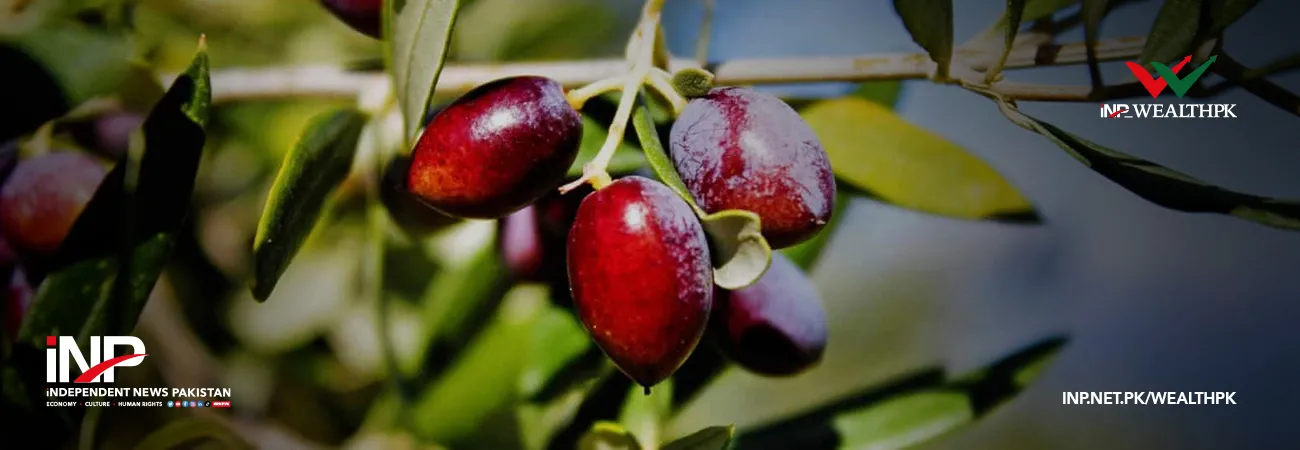INP-WealthPk
BEIJING, Oct. 5 (INP): The Belt and Road initiative (BRI) will remain a top-level planning of China’s diplomacy in the new era, sources said here on Friday.
Chinese diplomacy is aiming at realizing the Chinese dream through the BRI. China’s diplomatic style stresses on competent and energetic, and the country attaches more importance to neighboring countries and welcomes the other nations to take ride of China’s economic development.
In terms of the promotion of the BRI, the importance of Africa is next to China’s neighboring countries. A number of African countries are set to become key partners in BRI.
According to the sources, since the reform and opening-up, China has gradually formed a foreign policy that treats “major power relations as key, relations with neighboring countries as a top priority, relations with developing countries as a foundation, multilateral diplomacy as an important arena, and public diplomacy as a supplement.”
The concept that relations with neighboring countries are China’s top priority was born after reform and opening-up and has become a component in China’s diplomatic architecture.
Before the reform and opening-up, due to territorial disputes, ideological conflicts and political ties between China and the leftists in Southeast Asian and South Asian countries, China did not have a close relationship with neighboring countries. It was not until 1990 that China normalized diplomatic ties with all the 10 ASEAN nations.
After 1989, China strengthened cooperation with developing countries, to break the Western blockade. Since 1991, Chinese foreign ministers have chosen African countries as their first foreign stop every year. It shows that Africa is at the center of China’s diplomacy with developing countries.
China’s development experience, governance and anti-corruption campaign have offered incentives to some African countries. For instance, Egypt hopes to learn from Shenzhen’s experience for its economic zone located in the country’s Red Sea port city of Safaga, so does the economic zone in the Dar es Salaam harbor of Tanzania. Meanwhile, Ethiopia is eager to learn from China’s anti-graft experience.
The status of Africa as China’s diplomatic foundation will not change. In face of pressure from developed economies such as European countries, the US and Japan, ties with Africa will be a driving force for China to enhance diplomacy with developing countries.
But problems in China-Africa cooperation are worth the attention. According to a survey conducted by the China Foreign Language Publishing Administration, in 2017 China got a score of 7.2 from people from four African nations, namely Egypt, Nigeria, Kenya and South Africa, in terms of their impression of China, lower than 8.0 in 2013. This proves that there is room for improvement in China-Africa cooperation.
INP/J/LK













